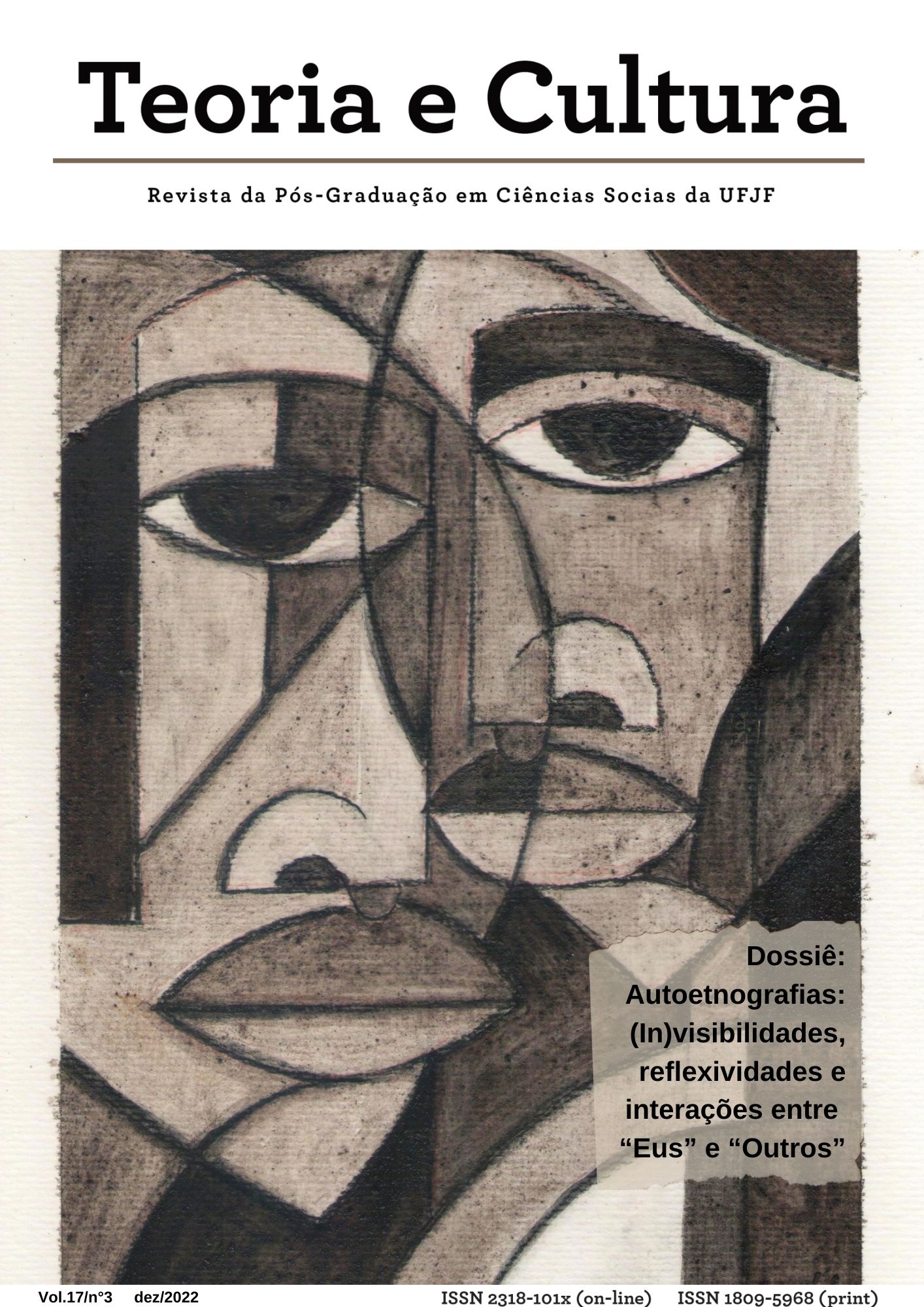INHABIT AND (UN)LEARNING IN INDIGENOUS TERRITORIES
CONTRIBUTIONS TO DE(S)COLONIZING PSYCHOLOGY
DOI:
https://doi.org/10.34019/2318-101X.2022.v17.38041Abstract
In this study, through critical performative autoethnography, we share part of our experience of inhabiting and (un)learning with native peoples. We situate our trajectory of colonized formation, individual and collective, and the processes of de(s)colonization of the senses from the encounter and (re)knowledge of the Kaiowá and Guarani peoples. Our methodological path was composed by the condition of inhabiting and coexisting in public and institutional spaces with the Kaiowá and Guarani, the participation in self-organized activities by the ethnic-social movements of these peoples, the registration in a field diary, analysis of documents and the production of photographic records. In this text, we aim to problematize the colonialist ideologizations that constitute our colonized imaginaries and socialize the potential of de(s)colonization in de(s)learning with peoples from the condition of inhabiting the countryside and allowing it to inhabit us. We emphasize the engagement of research and writing policies committed to peoples as a horizon for the production of epistemologically disobedient knowledge in the rupture with dehumanizing understandings and practices. We propose, from our experience of living, studying and working with the Kaiowá and Guarani, a psychosocial sensitivity and listening de(s)colonized as possible contributions for de(s)colonisation of psychological knowledge.
Keywords: Indigenous Peoples. Social Psychology. Autoethnography. Coloniality. Decolonization.








